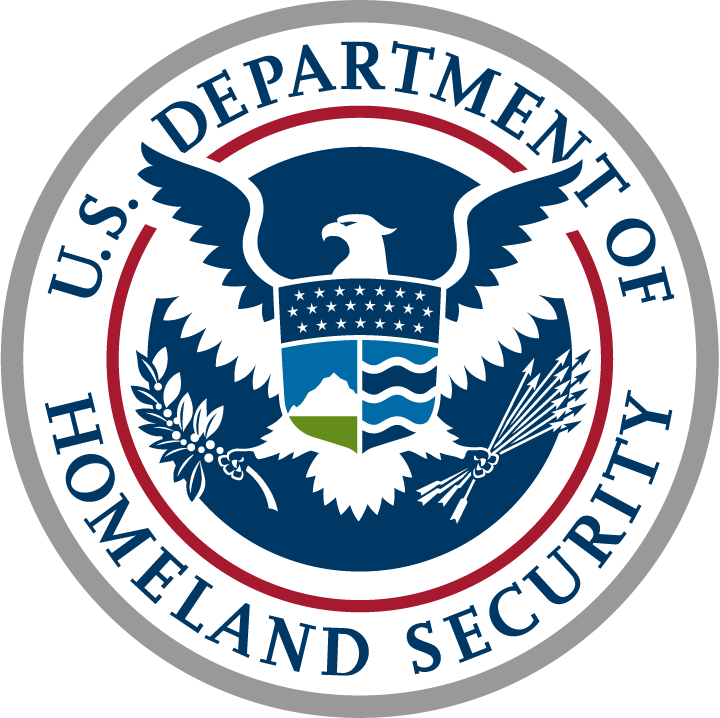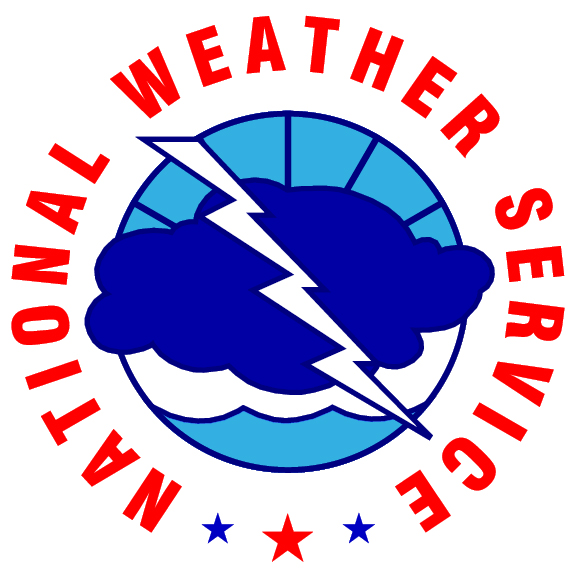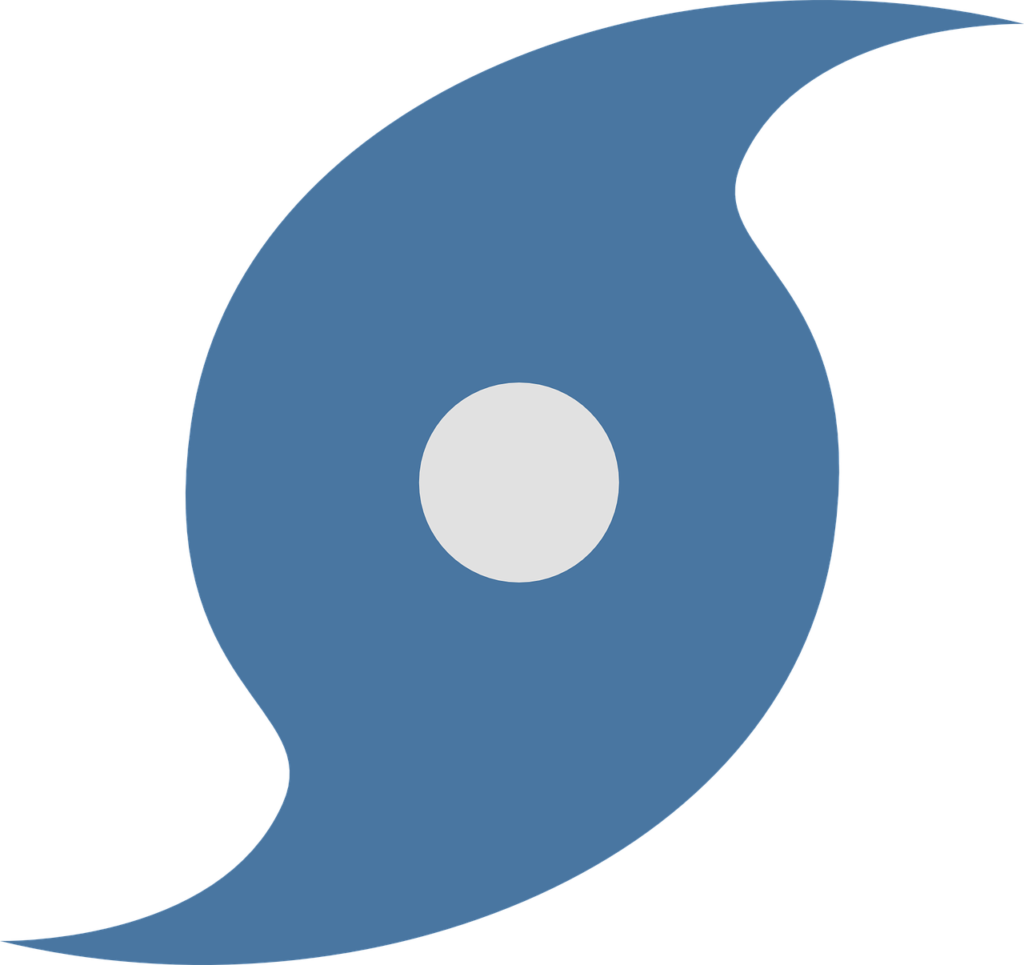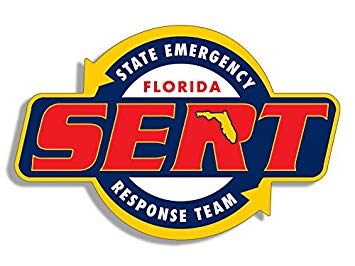Hurricane Season in Florida runs from June 1st until November 30th. Hurricanes are dangerous and can cause major damage because of storm surge, wind damage, and flooding. Prepare ahead of time and listen to the directions of officials. Secure your home, or find a safe shelter for its arrival, and know how to proceed safely during the aftermath.
Be Prepared
June 1st through November 30th is Hurricane Season and the time to start thinking seriously about dealing with the risk and inconveniences that may be encountered during and immediately after a storm. Your Association makes every effort to prepare for storm events by securing potential hazards, protecting buildings and Association related assets, and making sure we have an updated recovery plan. Key personnel are on-call before and after a storm. Water and Wastewater personnel are moved on-site to make sure that essential utility services are protected and the chance of interruption is minimized. Tarps (in limited supply) are kept on hand to secure homes in the event of roof damage.
Despite all of our efforts, much of your own safety and comfort depends entirely on you. To that end, the following key points will help you prepare for a storm event:
- Designate as a “post-disaster contact,” a relative or friend who lives outside the danger zone. Make sure each family member has been given this person’s address and phone number, and agrees to contact him or her following the hurricane.
- Keep on hand at least one week’s supply of bottled water and nonperishable food items. You should also have available a manual can/bottle opener, a flashlight, and a battery operated radio or television (with an extra set of batteries for each). Make sure these items are readily accessible, so that you can quickly pack and evacuate.
- Maintain an up-to-date inventory of everything in your home. Taking photos and/or making videotapes of these items may help support the value you place on them. Also, consider storing valuable items at a secure location away from the house.
- Remove furniture from porches or patio and secure hoses so that these objects do not become dangerous or lethal projectiles during a storm.
- Stock up on items you may need to protect your home or to prevent it from being further damaged after the storm has passed. These items may include, but are not limited to tarps or plastic, hammers, nails and plywood.
- Make sure your family is trained on how to turn off damaged utilities.
- At least once per year, review your insurance coverage to make sure it is adequate and up to date.
Immediate Steps to Take
When a hurricane threatens, immediately take these steps:
- Refill prescriptions.
- Make sure your car has a full tank of gas as power outages may force gas stations to remain closed for several days following a hurricane.
- Store important documents and other valuable items in waterproof bags.
- Bring inside, any loose items that may be found around your unit. Firmly tie down loose items that cannot be brought indoors.
- Tape, board or shutter windows.
- Have enough cash on hand to last at least a full week. Banks and ATMS may be closed for several days following the storm.
During a Hurricane
Here are some suggestions on what to do during a hurricane:
- Stay tuned to a battery-operated radio or television for weather bulletins and important information.
- Follow the orders of local authorities.
- Stay indoors in an interior room without windows (even if you have evacuated, inland locations may still be at risk). If conditions worsen, take shelter in a closet or bathroom and use mattresses to protect yourself.
- Don’t assume the hurricane is over when the wind subsides. The calm may be the eye of the storm, and the worse part may still be on the way.
- If the electricity goes out:
- Use a flashlight – not a candle or match. You do not want to take the risk of igniting gas from a broken line.
- Open your refrigerator only when absolutely necessary. This will help keep food fresh for as long as possible.
Dealing with Property Damage
After the hurricane has passed:
- Don’t venture outside until local authorities have issued an “all-clear.”
- Continue to check the radio or TV for post hurricane updates.
- If you have evacuated, don’t return until authorities re-open your area. Remember, you may need proof of residency to return.
- Use a flashlight to look at damage. Allow only those people who have been trained, to turn off damaged utilities (e.g. gas) and disconnect damaged appliances.
- Beware of downed power lines and other debris.
- Wear sturdy shoes and clothing to protect yourself. People are often times hurt more frequently after the hurricane than during it.
- Use only bottled water. Unless otherwise advised, assume tap water is contaminated and sewer lines are out of order.
- If electrical power was lost during the hurricane, be extremely careful before consuming food taken from your refrigerator. When in doubt, throw it out.
- Use the phone only for emergencies.
- Conserve water! DO NOT WASH DRIVEWAYS OF DEBRIS. If the power is out and you still have water pressure it is only because the water plant is running on auxiliary power.
Dealing with Property Damage
Proper insurance coverage can help reduce the financial burden you may suffer as a result of a hurricane. Here are some additional tips that will make the claims process easier for you and your claims adjuster.
- Don’t alter the condition of the damaged property. Take whatever steps are necessary to protect your property from further damage.
- Contact your insurance agent as soon as possible. Provide your agent or insurance carrier all information pertaining to your claim.
- Make a list of damaged or destroyed property. Your adjuster will be able to work more quickly if he or she has a written list to work from. Photos of damaged property may also be useful.
- Keep records and receipts for ALL expenses you incur. Supplies purchased to protect damaged property, or the costs incurred while staying at a hotel while your home is being repaired, may be recoverable.
- Try to be patient. Once you report your claim, your claims adjuster will respond as quickly as possible. Delays may be likely, as hurricanes often uproot signs and deposit debris on highways, severely impeding traffic.













